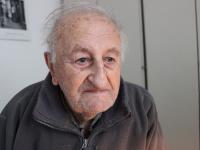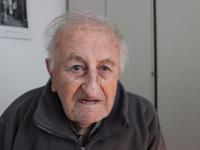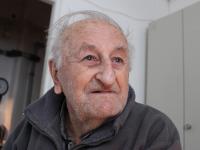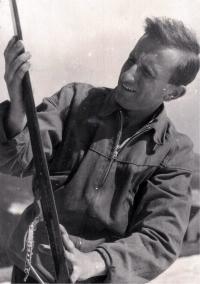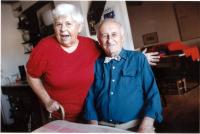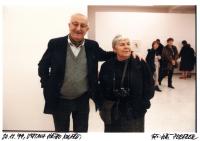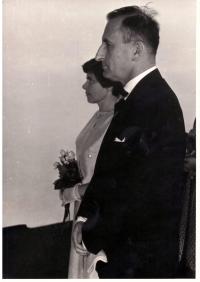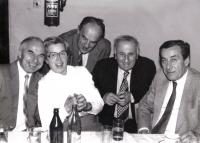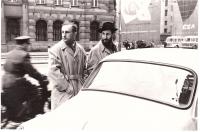Long nights of a messenger

Stáhnout obrázek
Zdeněk Reinhardt was born on June 2, 1921 in Kampa in Prague. He spent most of his childhood in the Bubeneč neighbourhood. Zdeněk graduated from grammar school in 1939 and he was admitted to the Faculty of Mechanical Engineering at the Czech Technical University. As soon as he enrolled in the first semester, the Nazis closed down the universities for Czech students. He thus began working in the Ringhoffer factory in Prague-Smíchov. Zdeněk passed a second graduation examination at the secondary technical school in Smíchov during the war. At that time he met people organized around Veleslav Wahl who was one of the founding members of the Intelligence Brigade. Zdeněk was employed in a train car factory in Kolín during the war, but he also served as a messenger for the Intelligence Brigade along the Prague - Kolín - Pardubice route. He completed his studies after the war and in the 1950s he began working again in the former Ringhoffer factory, now renamed Tatra Smíchov. For the rest of his professional life he focused on production and development of train cars. He was involved in the construction of the railway test track in Velim. He also worked in the Research Institute for Railway Rolling Stock, where he remained until his retirement. The well-known Czech photographer Dagmar Hochová was his life-long partner until 2012. Zdeněk survived her for only two more years and he died in August 2014.
